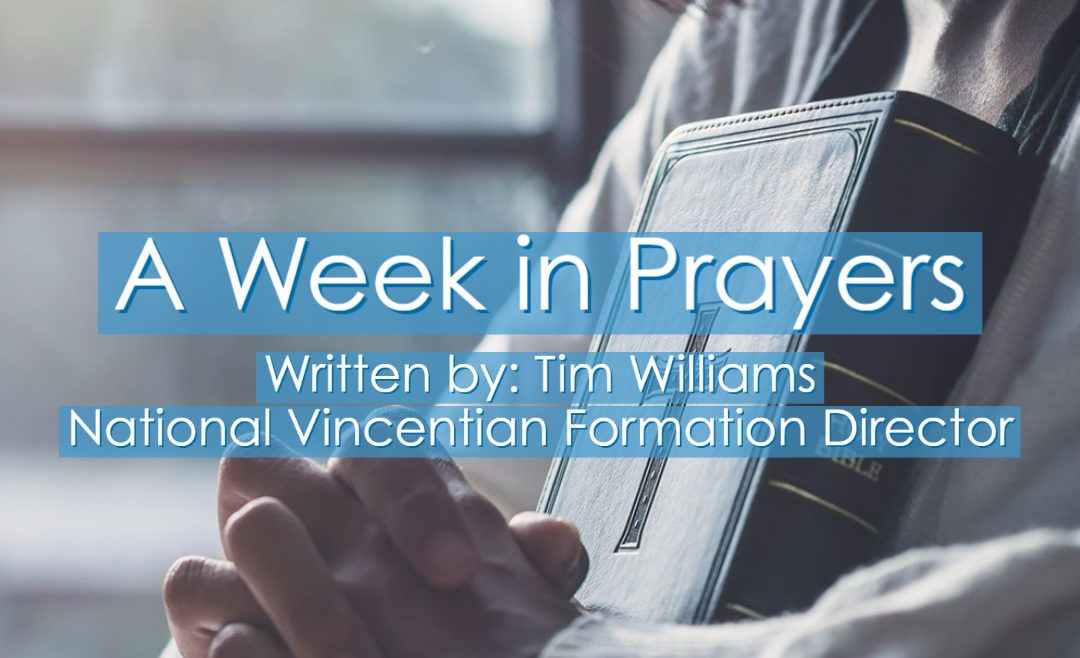By Tim Williams, Senior Director of Formation & Leadership Development
When we hear the word “leader” we naturally think of a great general, a head of state, one of those celebrity CEOs, or even a star athlete leading a team to victory. The great leader is an American archetype: charismatic, confident, inspiring; a leader, in short, is “large and in charge.”
For most of us, this is an image that would be difficult to live up to, so when the Council or Conference announces an upcoming election for a new president, we remain quiet, and even if invited directly to serve, we demur. “Large and in charge,” we think, “That just isn’t me.”
Perhaps instead we should first consider that it is not merely our fellow Vincentians suggesting that we consider serving as leaders. After all, we are taught to discern God’s will for us in the people and events in our lives. What people or events led us to join the Society in the first place? Surely, we didn’t come up with that idea on our own. Indeed, St. Vincent de Paul was quite clear that not a single one of his works was ultimately his own idea, all of it came from God. It was God who called us here, and God who calls us now. If He asks us, through others, to consider leading the Conference, we ought to take the time to seriously discern that call.
And in discerning, we consider also the nature of Vincentian leadership – servant leadership. Our model is not the commander, the ruler, or the boss. Our model is the master and teacher who nevertheless knelt down and washed the feet of His disciples. “I have given you,” He said, “A model to follow.” Our model of a leader, then, is not the greatest, but the least; not the master but the servant. In short, a Vincentian servant leader is not “large and in charge,” but small, and for all.
But you say that you simply haven’t the knowledge or the gifts to lead? “Don’t think,” St. Vincent de Paul once explained, “that responsible positions are always given to the most capable or virtuous.” [CCD IX: 526] Servant leadership is part of our calling, part of our vocation, and it is precisely the humility that makes us reluctant to take on a leadership role that makes us better suited to do so. Trust in providence, in this case, means trusting that “when God calls us to it … either He sees in us the proper dispositions or has determined to give them to us.” [CCD XI:128]
Our Cultural Beliefs remind us that “as Vincentians we are committed to… develop ourselves and others to become Servant Leaders.” [Rule, Part III, St. 2] When we were called to this vocation we were already called to servant leadership, and we can all have confidence, when it is our turn to serve, that “God gives sufficient graces to those He calls to it.” [CCD IX:526]
Contemplate
Have I truly listened to and answered God’s call to lead?




